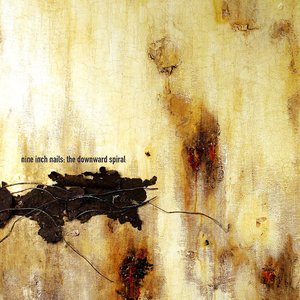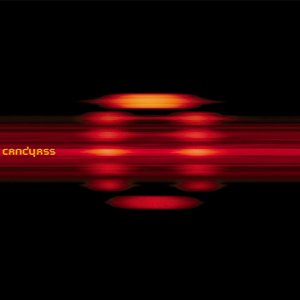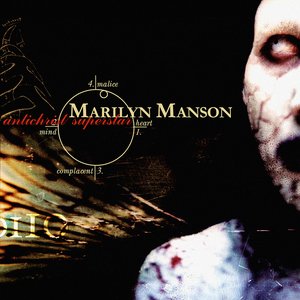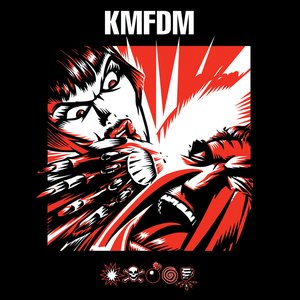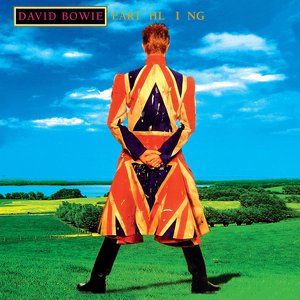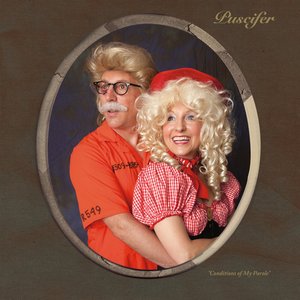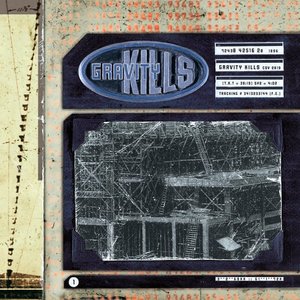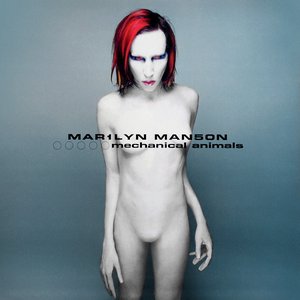Wiki
-
Length
4:59
"Hurt" is the final track on The Downward Spiral. The song includes references to self-harm and heroin addiction, though the overall meaning of the song is disputed. Some listeners contend that the song acts as a suicide note written by the song's protagonist, as a result of his depression, while others claim that it describes the difficult process of finding a reason to live in spite of depression and pain and does not have much to do with the storyline of The Downward Spiral. It was released on April 17, 1995, as a promotional single from the album. The song received a Grammy Award nomination for Best Rock Song in 1996. In 2020, Kerrang and Billboard ranked the song number two and number three, respectively, on their lists of the greatest Nine Inch Nails songs.
In 2002, Johnny Cash covered "Hurt" to commercial and critical acclaim. The related music video is considered one of the greatest of all time by publications such as NME. When Reznor was asked if Cash could cover his song, Reznor said he was "flattered" but worried that "the idea sounded a bit gimmicky." He became a fan of Cash's version, however, once he saw the music video:
"A few weeks later, a CD shows up with the track. Again, I'm in the middle of something and put it on and give it a cursory listen. It sounded… weird to me. That song in particular was straight from my soul, and it felt very strange hearing the highly identifiable voice of Johnny Cash singing it. It was a good version, and I certainly wasn't cringing or anything, but it felt like I was watching my girlfriend fuck somebody else. Or something like that. Anyway, a few weeks later, a videotape shows up with Mark Romanek's video on it. It's morning; I'm in the studio in New Orleans working on Zack De La Rocha's record with him; I pop the video in, and… wow. Tears welling, silence, goose-bumps… Wow. I just lost my girlfriend, because that song isn't mine anymore. Then it all made sense to me. It really made me think about how powerful music is as a medium and art form. I wrote some words and music in my bedroom as a way of staying sane, about a bleak and desperate place I was in, totally isolated and alone. Some-fucking-how that winds up reinterpreted by a music legend from a radically different era/genre and still retains sincerity and meaning – different, but every bit as pure. Things felt even stranger when he passed away. The song's purpose shifted again. It's incredibly flattering as a writer to have your song chosen by someone who's a great writer and a great artist."
The idea of the narrator being or feeling "a million miles away," as sung at the end of this song, would be mentioned again in both "All The Love In The World" and "1,000,000." Whether the three songs are all specifically related beyond repetition of the phrase is publicly unverified.
The song was sampled by rap collective Westside Connection in 1997 on its track "The Gangsta, The Killa and The Dope Dealer".
The song was featured on an episode of the Song Exploder series from Netflix. In it, Reznor stated that the song was written as an afterthought, that it was originally demoed on piano, and that the vocal was sung quietly and intimately in order to ensure that it sounded sincere. It was also revealed that the wind noise that runs through the track was created by a noise-generating machine that is used to tune mixing rooms.
There was also an explanation of how the organ-esque sound that appears in each pre-chorus was created: "We'd come up with a trick where we could take a note on whatever instrument it is, and that sounds like strings, violin, but I'm not sure it was that. Feed it for a second into an infinite reverb, and it gets locked into a tune. It sounds almost pipe-organ-y a little bit because it's not coming out of a synthesizer, it's not quite in-tune, it's not quite bright, it feels human."
The original album version uses slightly distorted guitars and disrupted noise loops, adding a ragged aesthetic. The song suddenly climaxes towards the end, while the final lyrics are whispered over the noise. A drone follows, and ends the song and the record. This version was also featured as the final track on its promo, which also includes a clean version of the same mix. The "gong" sound near the end is also used on "Reptile", but the pitch is changed. A reversed version of the track is hidden on side B of the Not The Actual Events vinyl.
Track descriptions on Last.fm are editable by everyone. Feel free to contribute!
All user-contributed text on this page is available under the Creative Commons Attribution-ShareAlike License; additional terms may apply.

